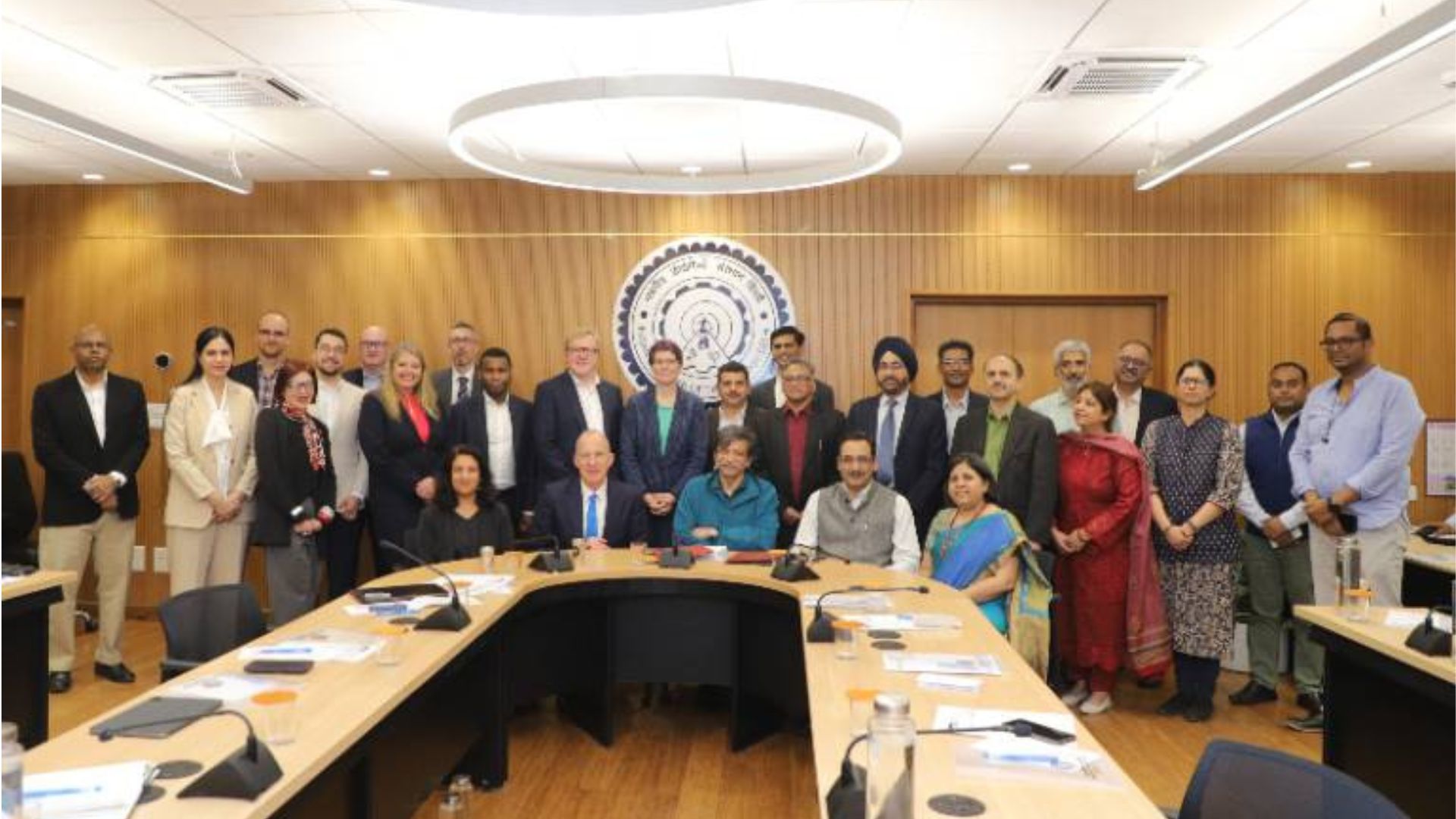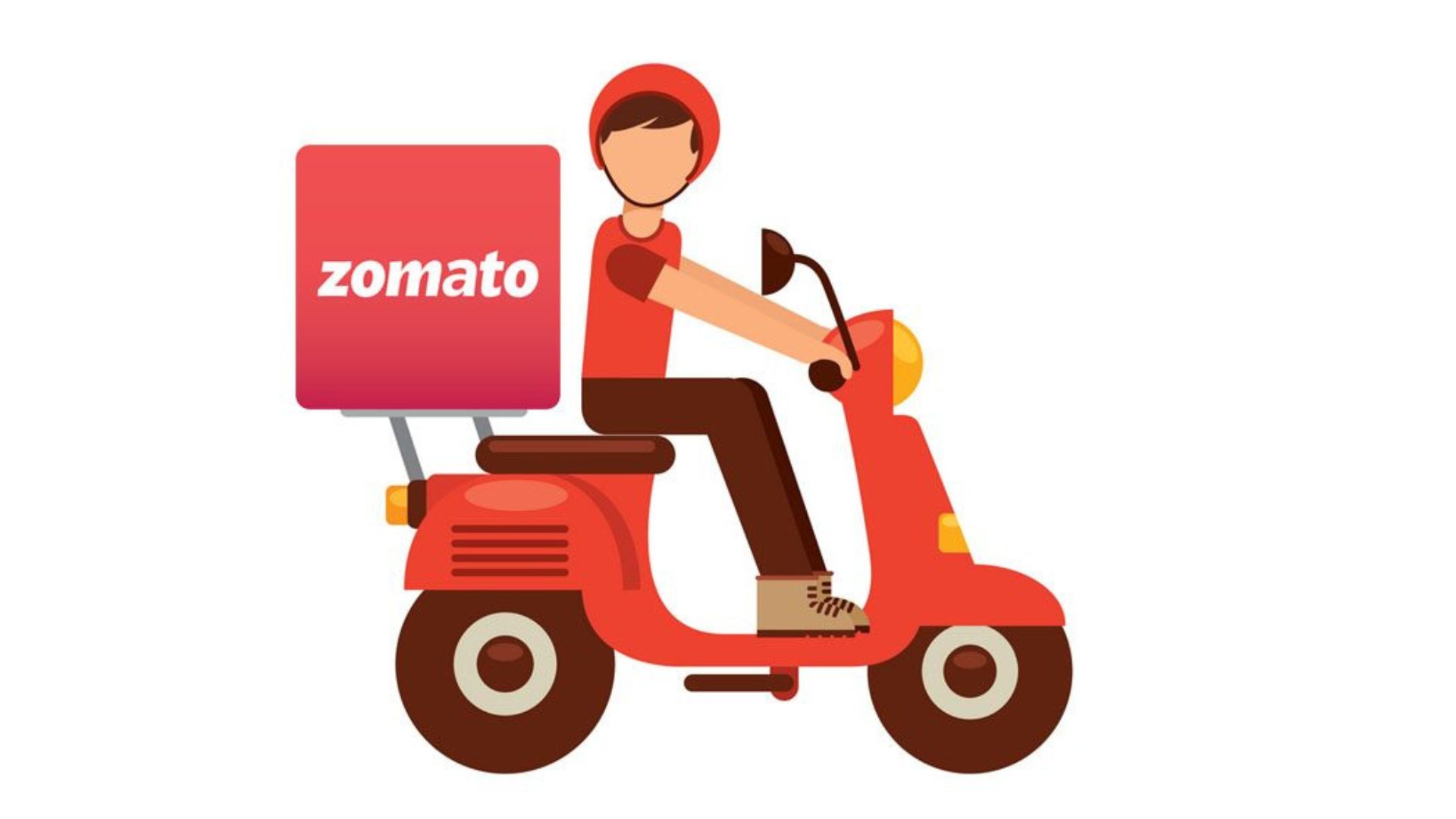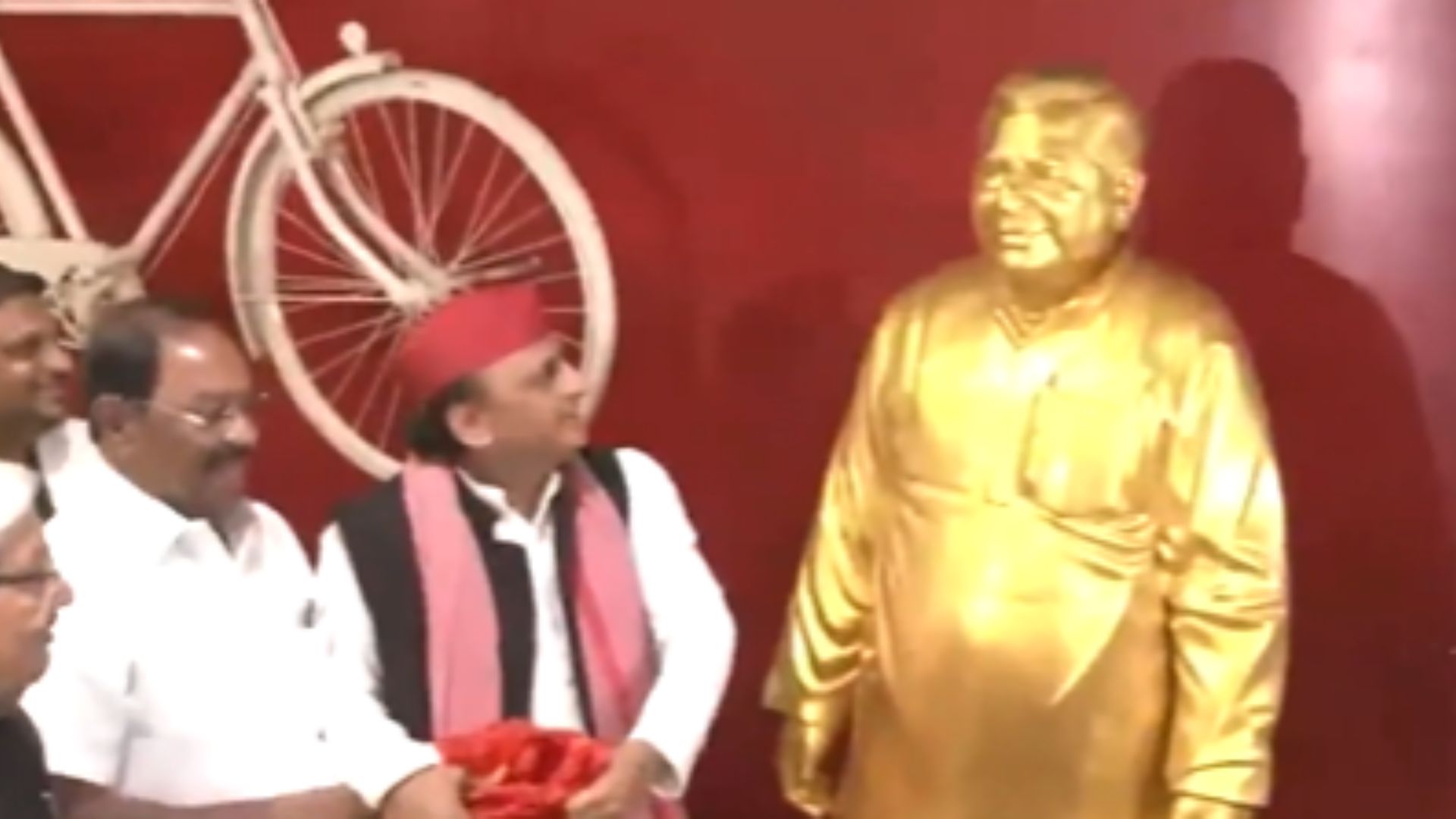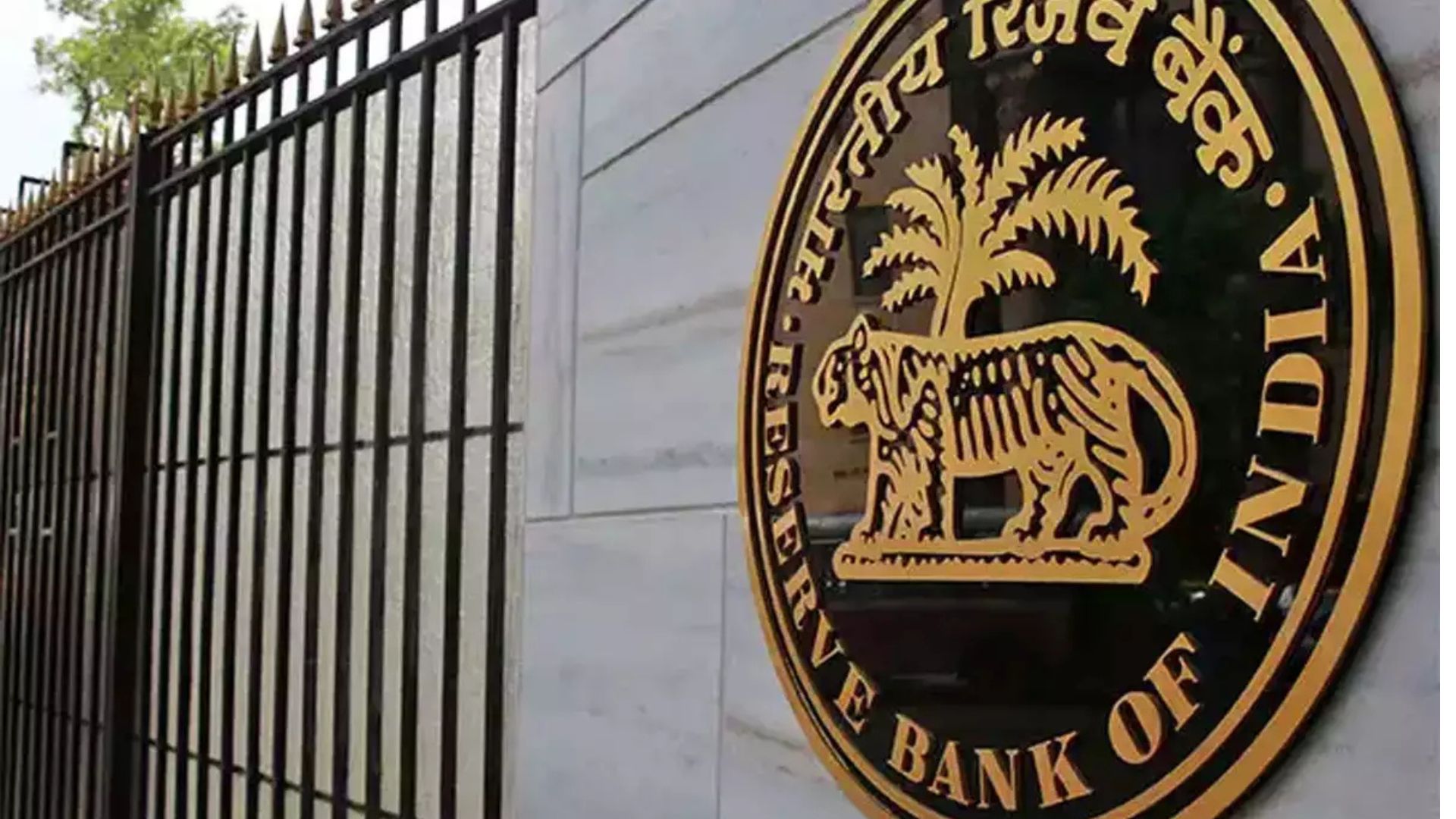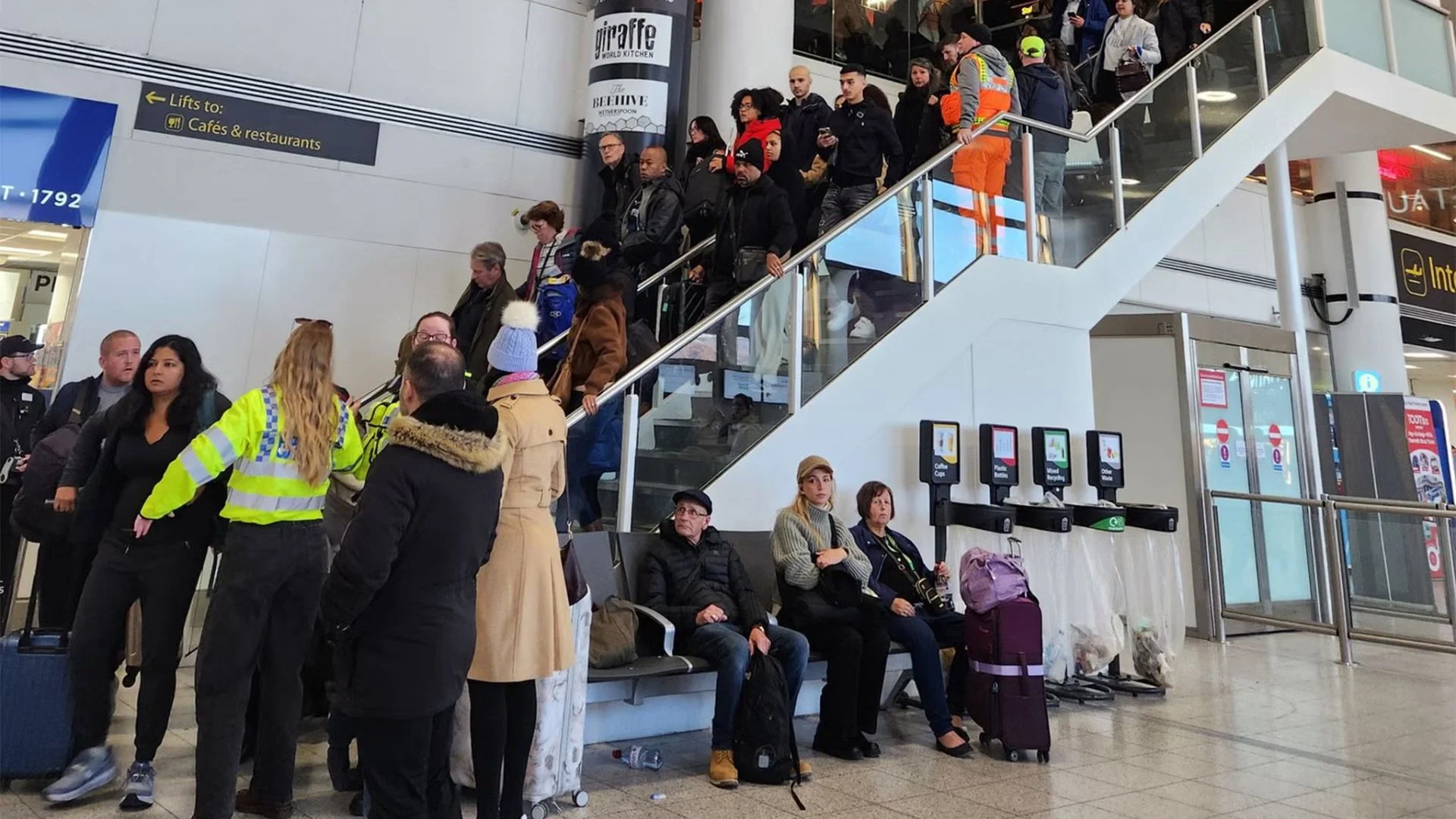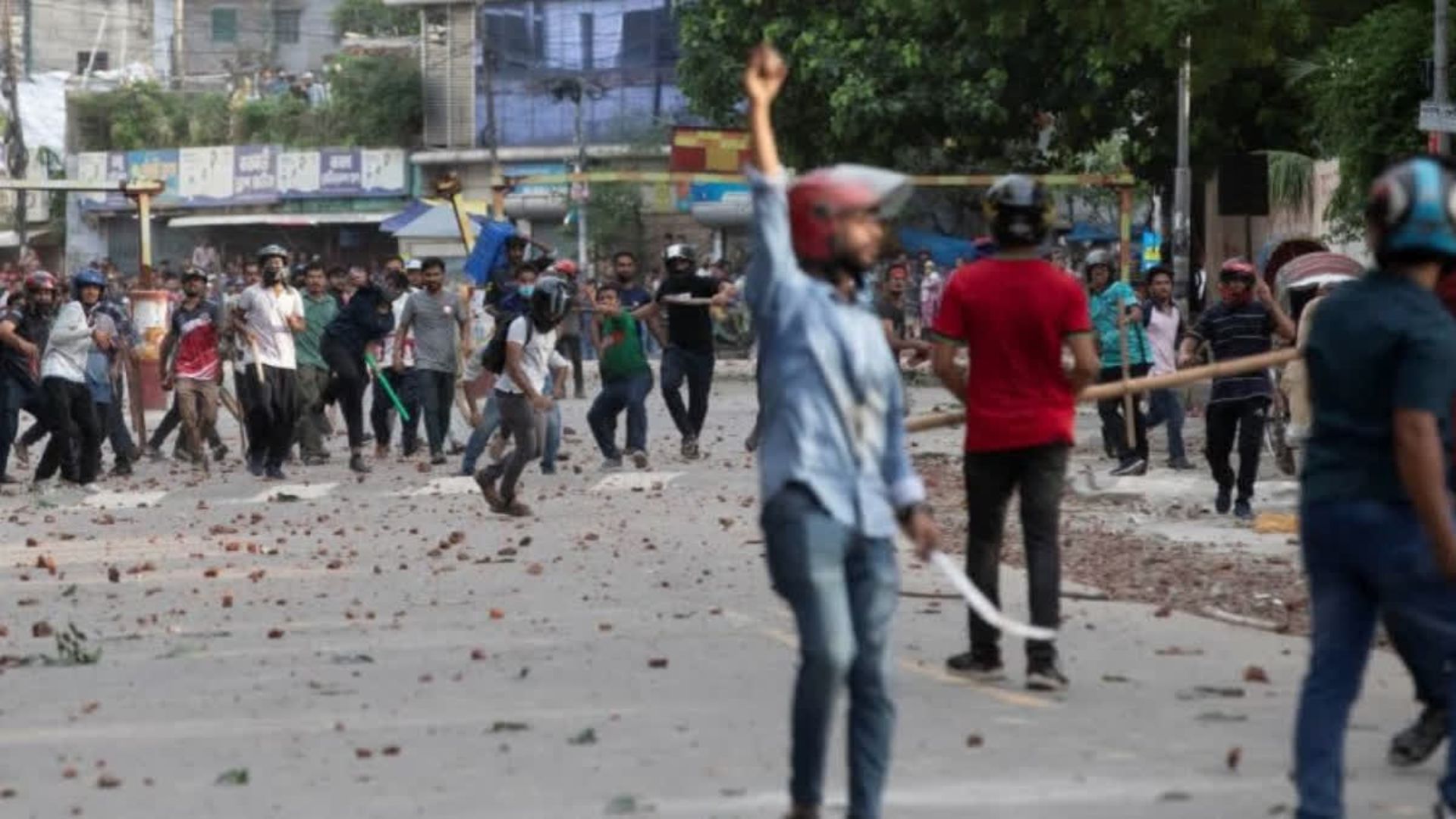
Bangladesh relaxed its nationwide curfew a little more on Thursday as students pondered the future of their protest campaign against civil service hiring rules that spawned deadly unrest last week.
Last week’s violence left at least 191 people dead, including several police officers, according to an AFP count based on police and hospital reports. It was some of the worst unrest during the time of Prime Minister Sheikh Hasina.
While thousands of troops are still patrolling cities and a nationwide shutdown of the internet is largely in place, clashes have abated since protest leaders announced a temporary stoppage of new demonstrations against the government.
The Hasina government relaxed the curfew further to provide unimpeded movement for seven hours: from 10:00 am to 5:00 pm. In Dhaka, a sprawling megacity of 20 million, streets were chock-full with commuter traffic in the morning, days after severe clashes between police and protesters had left them almost empty.
Banks, government offices, and the country’s crucial garment factories had already reopened Wednesday after last week’s closure. Student leaders were due to meet later on Thursday to decide whether to continue a moratorium on protests due to expire on Friday. The Students Against Discrimination group said it expected several concessions from the government as a result of the month-long rallies.
“We demand an apology from Prime Minister Sheikh Hasina to the nation for the mass murder of students,” Asif Mahmud, one of the group’s coordinators, told AFP. “We also want the sacking of the home minister and education minister.”
Mahmud said the estimated death toll was understated, with his group compiling its own list of confirmed deaths. The police have arrested at least 2,500 people since last week when the violence began, an AFP tally showed.
Violent protests erupted after a scheme was reintroduced in June reserving more than half of government jobs for certain candidates, including nearly a third for descendants of veterans from Bangladesh’s independence war.
The move infuriated graduates who are facing a severe jobs crisis, with about 18 million young people unemployed according to government figures. Critics say the quota is used to staff public jobs with Hasina’s Awami League loyalists.
On Sunday the supreme court reduced the number of reserved jobs, falling short of protester demands to scrap the quotas altogether. Hasina, 76, has been in power since 2009 and won her fourth consecutive election in January after a vote without genuine opposition.
The administration led by Hasina is also accused by rights groups of misusing state institutions to hold on to power and quash dissent, including extrajudicial killing of activists of the opposition.
